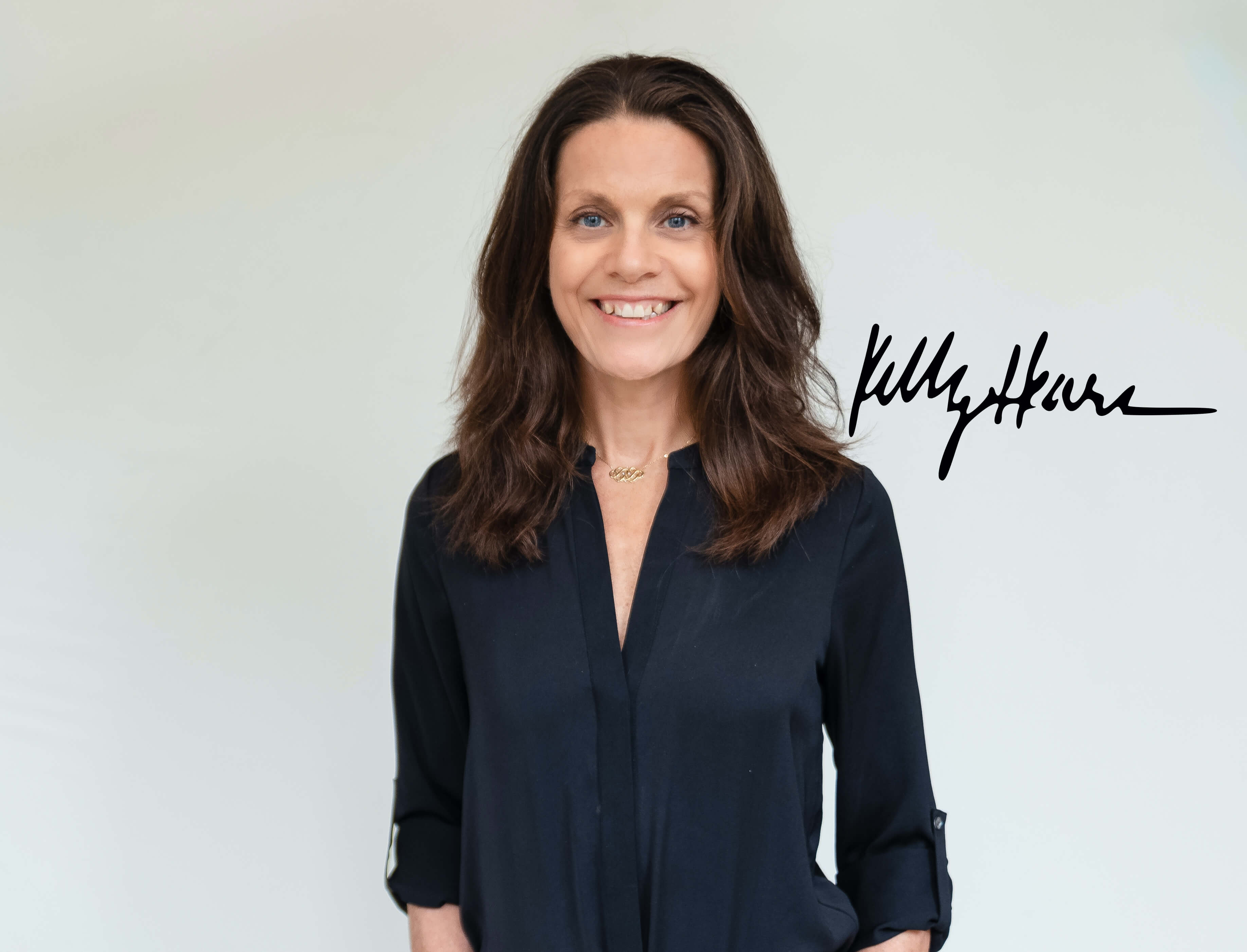Dear Therapist,
Like so many others, I am returning to the 'real world' this week after a much-needed summer holiday. The dread I'm experiencing is real. The weight of so many responsibilities is heavy after my few weeks respite. I fear going back to a routine where there is so little 'me time.' I've relished having it while away and am loathe to give it up. It's like the Sunday Blues 100 times over. And it happens every year this time, a truth that is compounding my current angst. Living for holidays and muddling through the rest of the time is quite an upsetting reality.
Signed,
Reluctant to Return
Dear Reluctant,
Time and space away from our usual routines gives us distance to reflect on how we want to spend our precious time. To assess what is working, and what, if we're honest with ourselves, is not. Your message makes clear that there is some existential disappointment you want to address.
You mention the weight of many responsibilities. Responsibilities are often felt as duties or burdens; things that are carried, yes, as weight. But if we look at the core of the word, responsibility is the ability to respond to something. Our responses to what life has on offer. Not always, but often more than we appreciate, we have some choice and agency in what this response might be. We can start to look at our choices as an ongoing conversation rather than a dictate. So I'd ask you to consider what you might be carrying as a weight that is in fact a choice you have made as to how to allocate your time and energy? Or perhaps what was once engaged in willingly now feels more like a burden in which case you might want to make different choices, alter the conversation.
Many of us live our 'normal lives' not to be confused with our 'holiday lives' , as one endless to-do list. It is culturally encouraged to do so. We can, and do, blame relentless expectations put on us from the outside world, but I see ample evidence we readily collude with excessive demands. Maybe because we are so unpractised at slower cycles of existence. Or even judge them negatively given the super-charged norm a norm that contributes in no small part to our poor collective mental health . I encourage you to ask yourself honestly whether you carry an excessive burden of responsibility out of fear; fear of who you would be if you stopped or even slowed down ? I'm not saying this is happening, but it is worth considering given how common the tendency is.
I'll state the obvious: living for holidays isn't living. Feeling at peace with oneself and one's existence for only a few weeks a year understandably builds anxiety and resentment. And often our reaction to these unpleasant feelings is to up the ante, increase our speed and velocity to outrun the even more uncomfortable truth that this isn't working. All this frantic activity allows us to avoid the difficult questions about what we really want. Short term payoff. But our lives become rigid, unsatisfying and exhausting. Long term dissatisfaction.
'Give from the overflow, not from the well' is a phrase I repeat to myself and clients frequently. We need to make sure we are filling our wells up - energising, inspiring, nurturing ourselves - so that we can respond to the many calls on our time willingly and energetically. Because when we engage from a starting place of depletion and resentment, we aren't able to share the best of ourselves with others. No one wins.
What fills you up? Are you able to acknowledge this to yourself, and then act accordingly? 'I don't have time,' is the answer I often get when I pose these questions with clients. I'm pretty firm in my counsel to make time, and when pressed, clients find this is easier than it appears at first glance. We crowd our days with many things that deplete rather than resource us. Identifying how you can replace one for the other is a useful place to start. Pick one aspect of holiday living that can be transported into 'normal life' and make it happen.
Do you have a question for Dear Therapist? Send it to [email protected] with Dear Therapist in the subject line and Charlotte Fox Weber or Kelly Hearn will get back to you.

